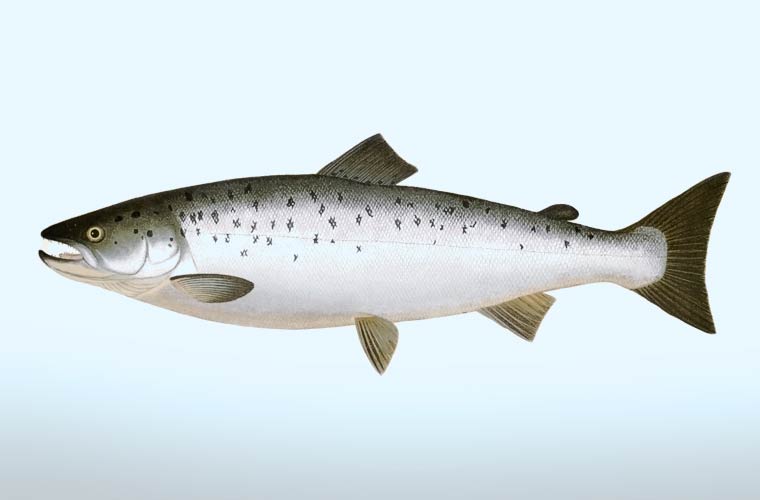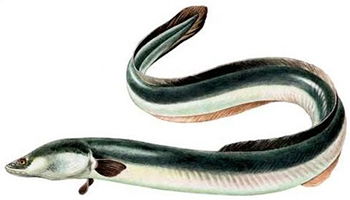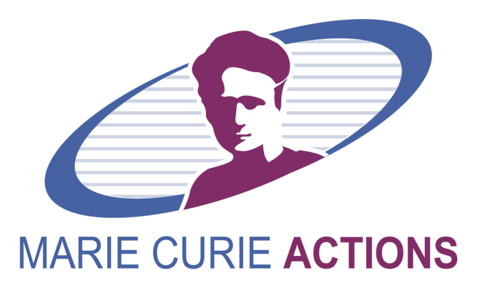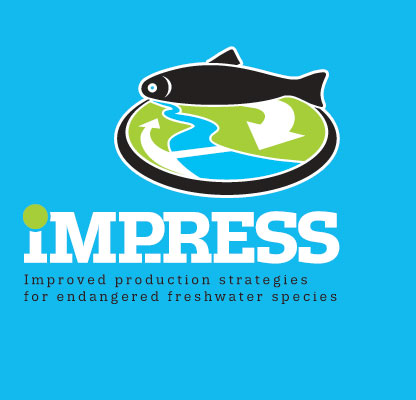IMPRESS
Membres impliqués
Improved production strategies for the conservation and management of endangered freshwater fish
European Commission: Training Network IMPRESS
IMPRESS is an Innovative Training Network (ITN) of the Marie Sklodowska-Curie Actions funded by the EU Research and Innovation Programme Horizon 2020.
The project brings together experts from inter-disciplinary fields of expertise ranging from molecular biology to social sciences.
The project focus on three key European species; the Atlantic salmon (Salmo salar), the European eel (Anguilla anguilla) and sturgeons (Family Acipenseridae), chosen as models for improved conservation and management of freshwater species in general, for the following reasons:
- They have historically been of major cultural and economic importance
- They are listed as threatened or endangered in several countries
- They have a wide European distribution and a complex diadromous life cycle.
Over-exploitation and anthropogenic activities have critically endangered wild populations of these fish groups.MPRESS will train young researchers from genomic, molecular and cellular biology, reproductive physiology and behavior, ecology to the social dimensions, including the need to encourage a closer dialogue with the important stakeholders responsible for national and regional stocking programmes. Through dissemination and public engagement, all IMPRESS fellows will work actively to increase public awareness on the importance of these key fish species to freshwater biodiversity, and on the major societal benefits of healthy fish populations.
The main objectives of IMPRESS are:
- To develop innovative production strategies for the conservation and management of endangered freshwater fish species
- To train a new generation of researchers with multi-disciplinary skills needed in the emerging field of reintroduction biology
The project involves 15 PhD students. Our team supervises two IMPRESS PhD students, and contributes to the training of the other IMPRESS PhD students.
Coordinator: Finn-Arne Weltzien, Norwegian Univesrsity of Life Science, Oslo







